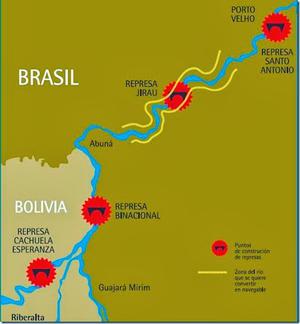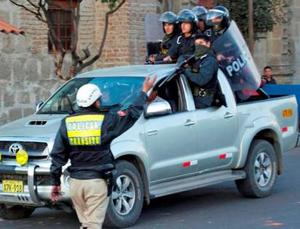DID NARENDRA MODI ABET MASS MURDER?
by Subuhi Jiwani, World War 4 Report
On May 16, 2014, vote counting day of India’s lower-house Lok Sabha elections, I received a text with the title “Aaj ki ABCD” or the “ABCD of the day.” All the letters of the alphabet were the starting points of phrases in praise of Narendra Modi. For instance, N was “Nationalist Hindu Modi”; R was “Rishwaton ka Lokayukt, Modi” or Ombudsman for Corruption, Modi; Y was “Youth ka bharosa, Modi” or Hope for the youth, Modi; and Z, unsurprisingly, was “Zindagi ka madksad, Modi” or The goal of life, Modi.
This is only a small indication of how convinced many Indians are that Modi, a Hindu nationalist, represents true Indianness and patriotism, a no-holds-barred approach to corruption (clearly a jibe at the rival Indian National Congress), and the promise of development and the availability of jobs, among other things that helped him and his Bharatiya Janata Party win a majority in these elections. This, despite the fact that Modi and 59 others have been accused of a criminal conspiracy in connection with the 2002 Gujarat pogrom—three days of anti-Muslim rioting that left more than 1,000 dead.
Continue ReadingDID NARENDRA MODI ABET MASS MURDER?



